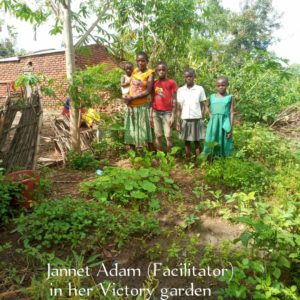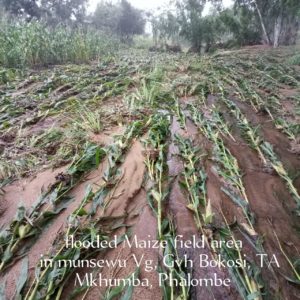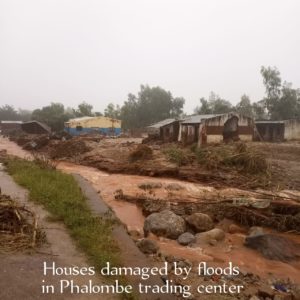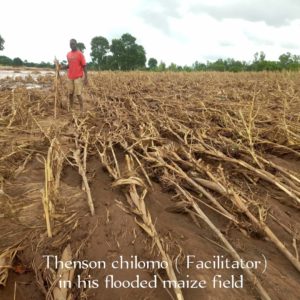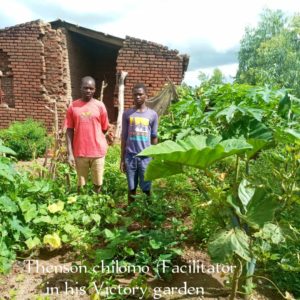Cyclone Freddy Flood Updates: Malawi
Sadly, every year we’re finding ourselves talking about the same catastrophic events hitting the same region, and this year is no exception. Tropical Cyclone Freddy, already the longest-lived tropical storm in history, has ripped through southern Africa for the second time in a month. After smashing records for lasting so long and intensifying so often, Freddy managed to become Earth’s most energetic storm ever observed after reaching a key threshold over the weekend of March 10th.
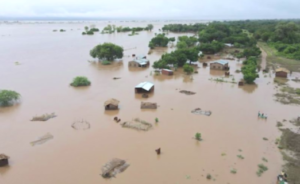
As rain continues to fall in Malawi almost half of the country is faced with damage from the recent storm. Malawi has experienced the equivalent of six months of rainfall in just six days. According to the President of Malawi, “The damage is across 13 districts, almost half of the country, and it’s not just the numbers of our people who have lost their lives, but the damage and devastation. We had been trying to build back from Cyclone Idai in 2019, and then the pandemic, now Freddy. It’s not just here and there, we are at the receiving end of the worst of the climate change.”
The storm struck just as farmers were about to harvest their only crop of the year. Over 185,000 acres of cropland has been flooded in the drought-prone country. According to the Department of Disaster Management Affairs, around 363,000 people have been displaced and are sheltering in more than 500 camps across flood-affected areas of the country. According to The World Food Programme, prices of staples have soared fourfold in parts of Malawi ravaged by Cyclone Freddy, deepening shortages in the country where nearly four million were already food insecure.
Nearly all villagers’ maize fields will most likely become partially or completely destroyed due to the floods and cyclone. However, we have seen year after year that families with victory gardens have found that their home gardens, while damaged, have proven far more resilient than the maize. Helping families become self-sufficient instead of vulnerable to the whims of the weather for the success or failure of their harvests is more crucial now than ever.
Our team has been urging villagers to start immediately tending to their gardens. The fact that some plants proved flood tolerant means that families can quickly repair their gardens and provide for their families. As rain continues to overwhelm the southern part of the country, it’s now more than ever that the international community needs to rethink how villages grow their food and find climate-smart alternatives to monoculture.
– March 2023

